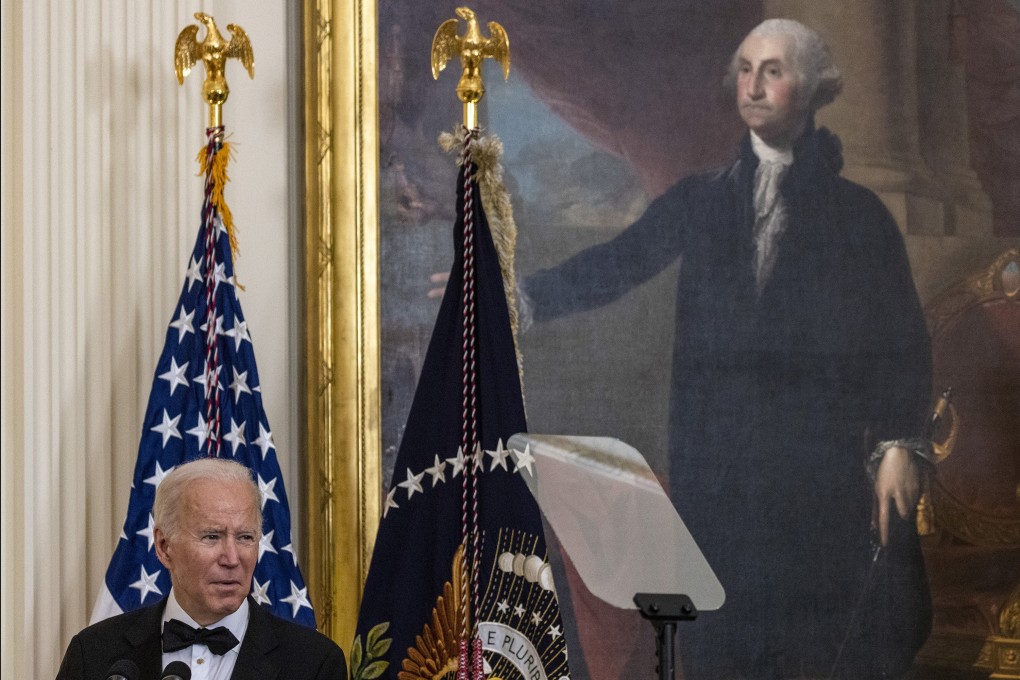Advertisement
Outside In | In the name of democracy, US summit sets out to divide the world
- The recognition that democracy can take different forms takes a backseat to the apparent US intent to draw a fence around likely allies in an effort to isolate a rising China
Reading Time:4 minutes
Why you can trust SCMP
39

I have at home a sweet little Beatrix Potter watercolour of a mouse sheltering under a strawberry leaf. Below it, the caption reads: “One place suits one person, another place suits another person.”
Advertisement
While this Victorian poet and author might not have seen herself as a diplomat, I could not help but think she could have contributed quietly but valuably as US President Joe Biden this week tried to divide the world neatly into “democracies” and “autocracies”.
It is preposterous for any leader to tell the rest of us how we should live our lives. There was good reason the United Nations Charter, signed in 1945, refrained from advocating any specific model of government.
As Chandran Nair wrote in the Post last week, the charter has a preference for democratic governance but promotes it “as a set of values and principles that should be followed for greater participation, equality, security and human development”. What Nair did not mention is that even as democratic an institution as Wikipedia lists dozens of types of democracy and spends thousands of words tying itself in knots over definitions.
In a section dedicated to difficulties in defining democracy, it says: “Because democracy is an overarching concept that includes the functioning of diverse institutions which are not easy to measure, strong limitations exist in quantifying and econometrically measuring the potential effects of democracy or its relationship with other phenomena – whether inequality, poverty, education, etc. Variations between democratic institutions are very large across countries, which constrains meaningful comparisons using statistical approaches.”
It is this wide variety that led Beijing to release a “State of Democracy in the United States” report, insisting that Washington focus more attention on the challenges facing its own democratic institutions and less on lecturing others on their shortcomings.

Advertisement

